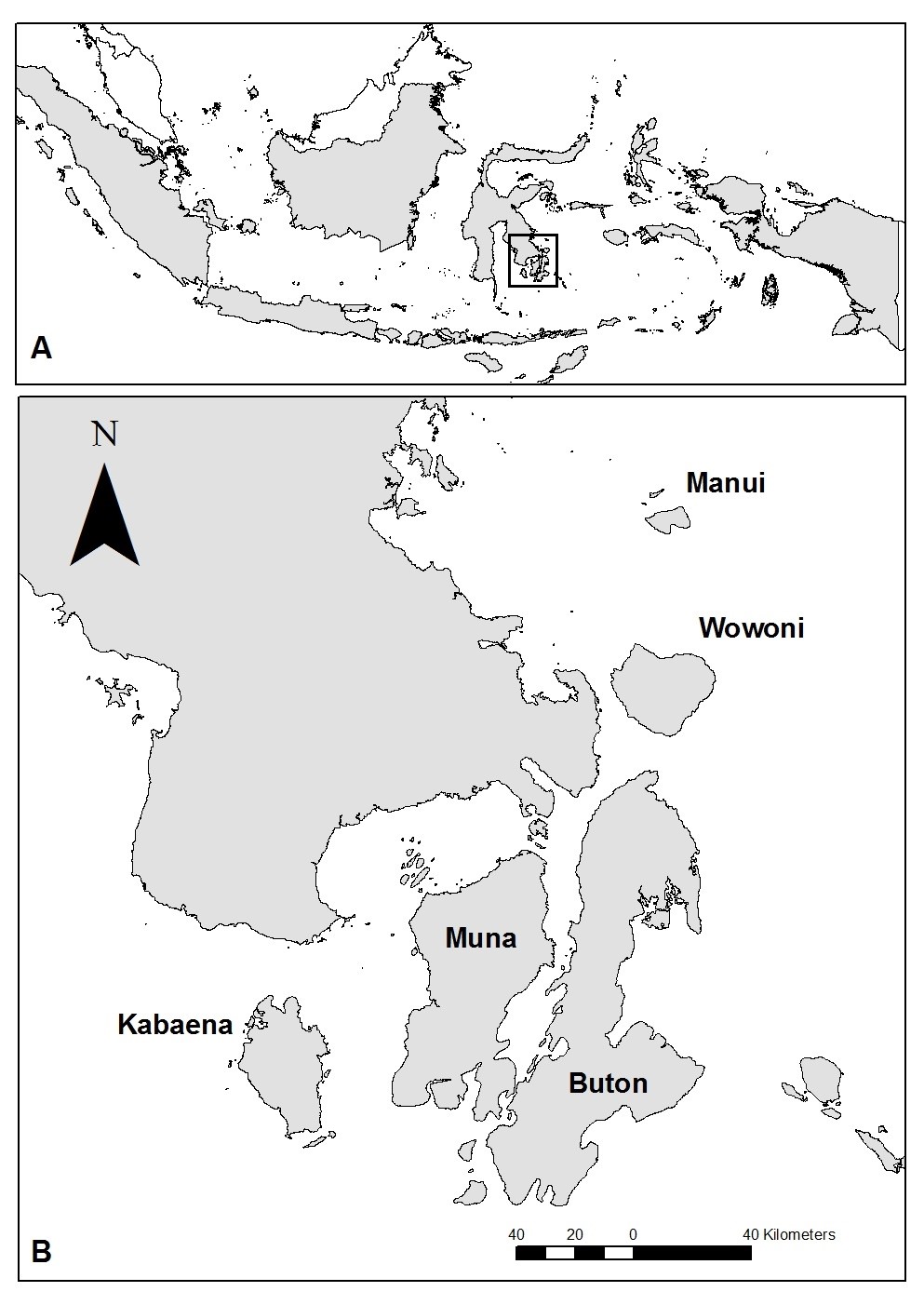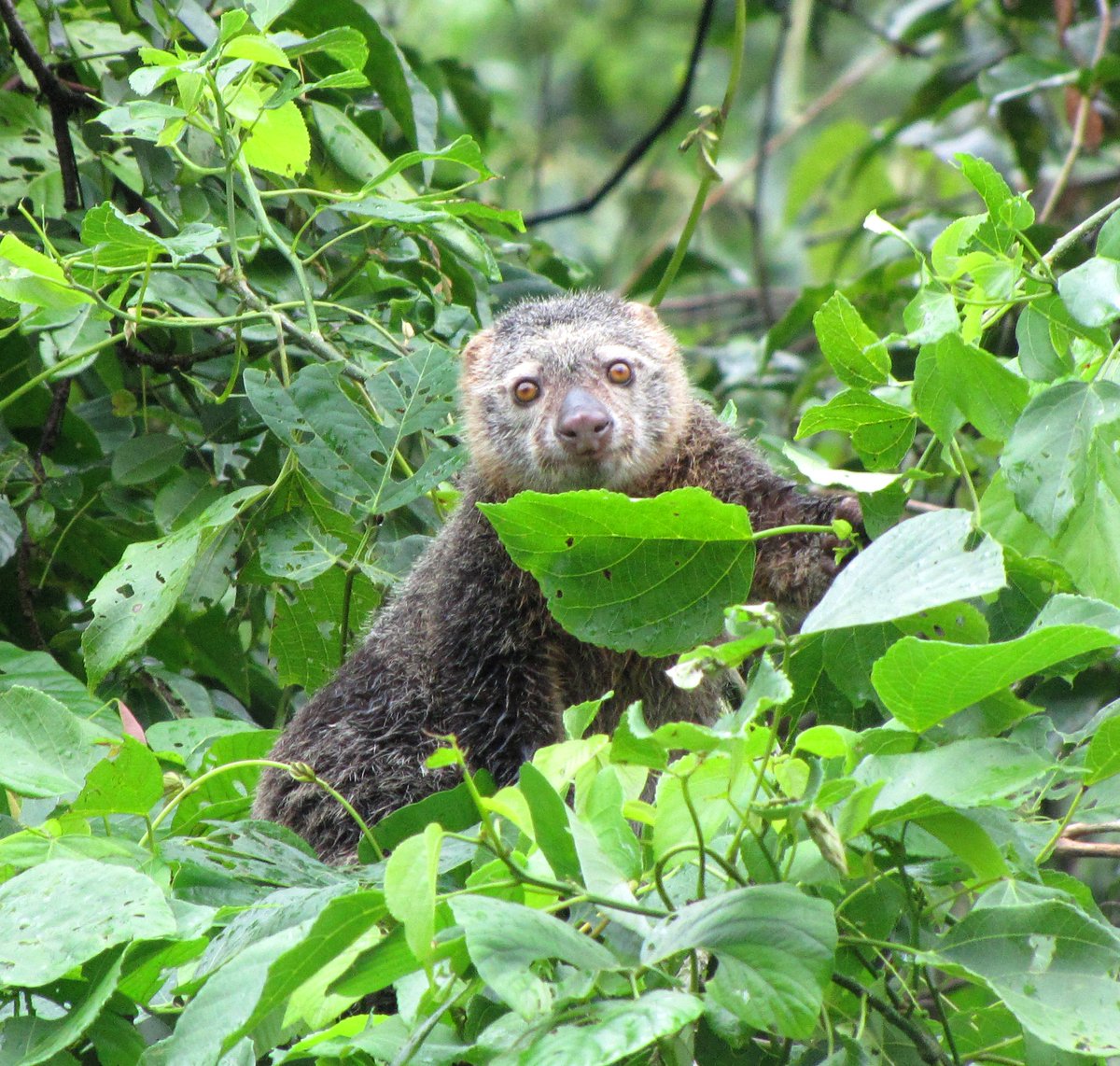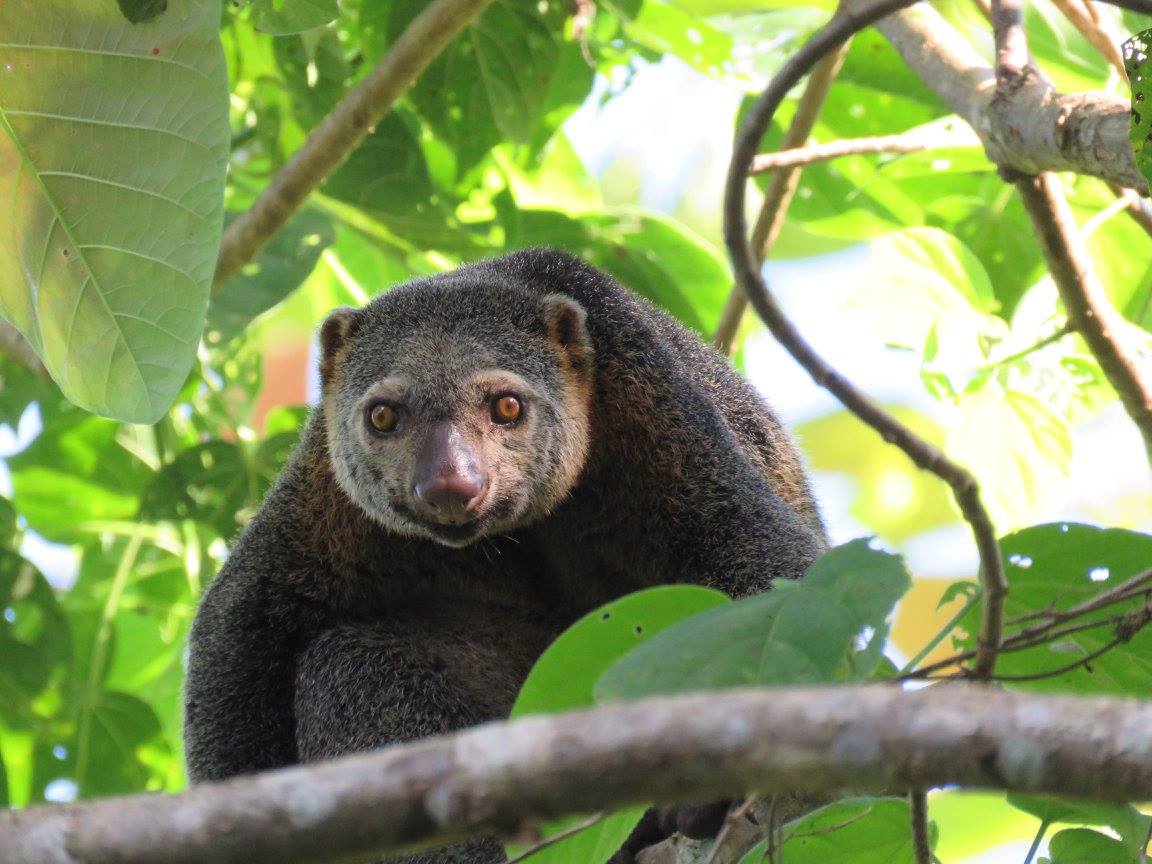- The remarkable bird life of the Wakatobi Islands, SE Sulawesi: hidden endemism and threatened populations - 10/07/2020
- The Bird Life of Wawonii and Muna Islands Part I: biodiversity recording in understudied corners of the Wallacea region - 30/06/2020
- Comparing the biodiversity and network ecology of restoredand natural mangrove forests in the Wallacea Region. - 09/12/2019
Studying island bird biogeography in the tropics for my PhD has presented me with many weird and wonderful opportunities. None more so than accidentally becoming a mammologist along the way. My study region of Sulawesi, Indonesia, is home to the westernmost marsupial species in Asia, the Cuscus. Cuscus are like marsupial sloths, living life in the slow lane and spending most of their time foraging on leaves and digesting. The absence of large mammalian predators from Sulawesi means that they have few natural predators to disturb this sedate lifestyle. In a recent collaborative paper in Australian Mammalogy we report on the distribution and status of the endemic marsupials on the offshore islands of South-east Sulawesi.
Sulawesi Cuscus remain poorly studied; little is known about their ecology, the threats they face, and even their distribution within Sulawesi. The main focus of the cuscus research in South-east Sulawesi has been Buton Island, where researchers with Operation Wallacea have monitored populations for the past 15 years, revealing the Bear Cuscus (Ailurops ursinus) to be common, and providing the first evidence of the Small Sulawesi Cuscus (Strigocuscus celebensis) on the island. Both species are designated as Vulnerable (Helgen and Jackson 2015). Buton is likely one of the key sites for these species, retaining the largest tracts of lowland forest in the Sulawesi region, with 77% of the island’s 560 000ha still forested.

Chasing the birds of South-east Sulawesi has allowed me access to a number of islands which had received little or no scientific attention in the past. This is how the opportunity to join the cuscus collaboration fell into my lap, nearly literally, when a Bear Cuscus inexplicably plummeted out of a tree in front of me on remote Kabaena Island! It stared at me aghast long enough for me to snap off a photo before it scarpered off into the trees! That turned out to be the first evidence of Bear Cuscus on the island. I subsequently found it to be common on the island and found it at all my sites. Kabaena is a large island (87 300 ha) so is likely home to a substantial population of Bear Cuscus.
Our final discovery added a new cuscus to the fauna of South-east Sulawesi, on the most isolated of South-east Sulawesi’s major satellites, Manui Island. Manui is a small (~9000 ha), low-lying island that is located ~50 km east of the mainland. It had never previously been studied. The bottom third of the island is covered in dry monsoon forest which, due to the incredibly difficult karst uplift terrain and lack of standing water, has remained relatively intact. It was while navigating a field of coral boulders in this treacherous terrain, that bird team member Joe Monkhouse confirmed the presence of the Peleng Cuscus (Strigocuscus pelengensis), photographing one before it escaped into a coral hole. This was a remarkable discovery as the Peleng Cuscus is known only from the Banggai and Sula islands, located across some 210 km of open ocean to the north. The prevailing currents from these islands flow towards Manui. We might theorise that Peleng Cuscus were carried to Manui on debris, but so far we know little about how they found their way to Manui, or how big the population is.

South-east Sulawesi may prove to be a stronghold for cuscus species due to a cultural quirk. While they’re regularly eaten in Cristian Northern Sulawesi, a taboo against eating clawed animals exists amongst the majority Muslim South-eastern province. So cuscus are found in good numbers and have even been observed in highly disturbed habitats. We hope that our assessment of the distribution and status of these quirky creatures will ensure that these populations, and their forest home, are maintained and protected.
To find out more, read our Australian Mammalogy article: ‘Distribution and status of threatened and endemic marsupials on the offshore islands of south-east Sulawesi, Indonesia.’
______________
About the Author
Darren O’Connell is a PhD student in Nicola Marples’ research group in the Department of Zoology, Trinity College Dublin. For his PhD, Darren is studying bird evolution and island biogeography in Indonesia, supported by the Irish Research Council. His wider research interests include conservation biology, restoration ecology and behavioural ecology. Find out more about his research here:
Website | TCD Zoology Profile
Twitter | @oconned5
Research Gate | Profile
LinkedIn | Profile
Google Scholar | Profile


2 Replies to “Delicious Cuscus”